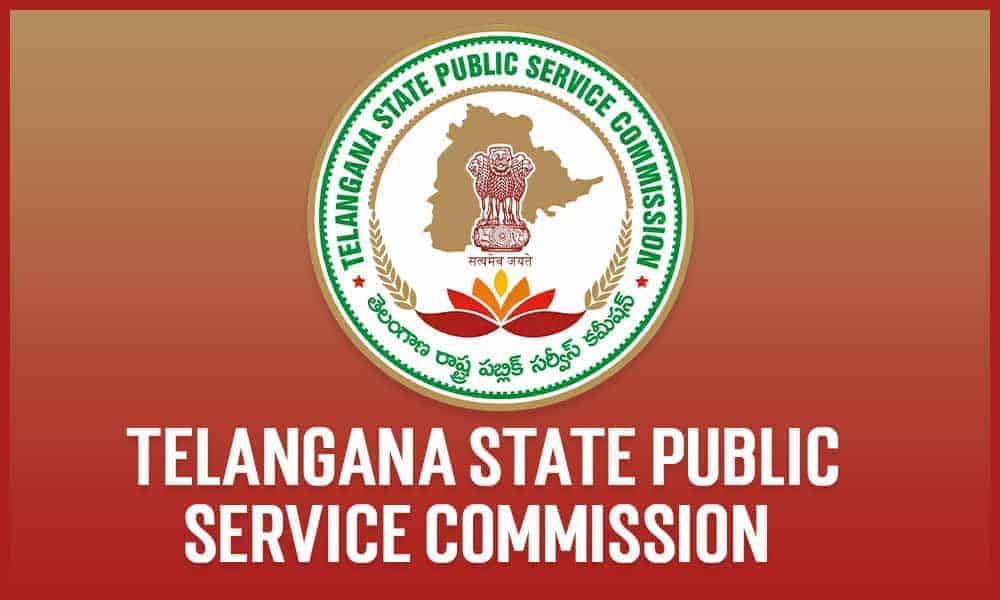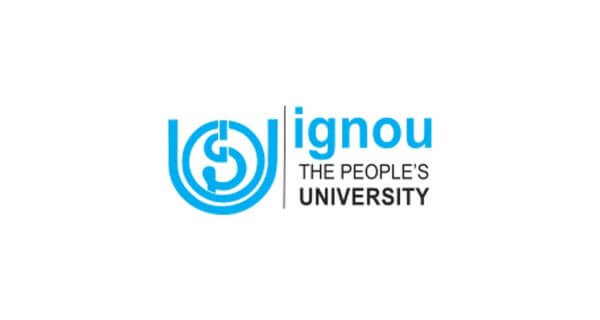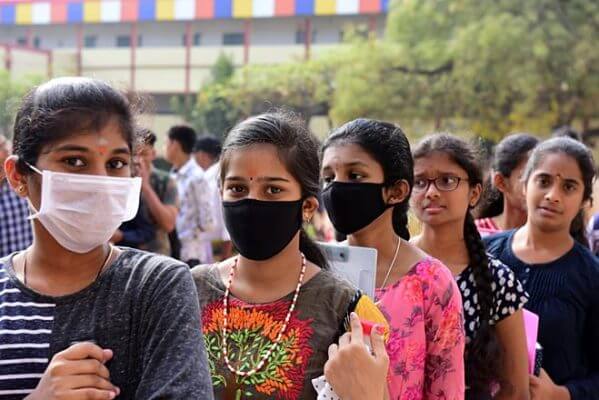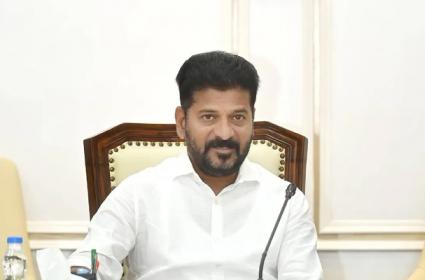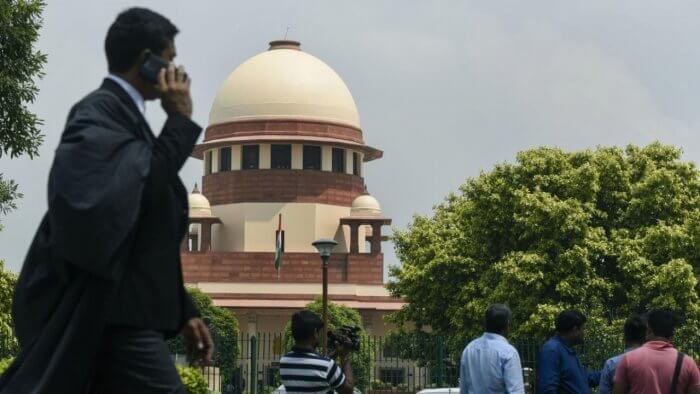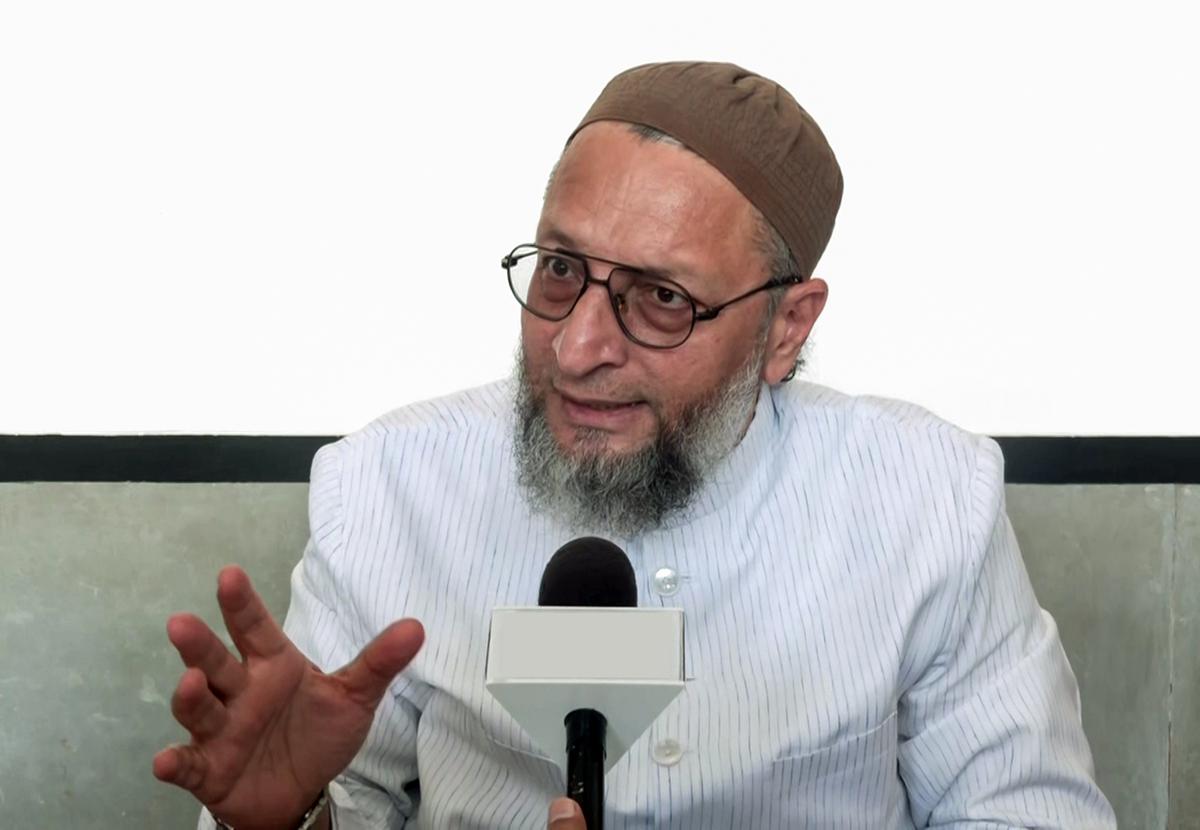NEP 2020 to play an extraordinary role in building of 'New India' states Amit Shah
Thu 30 Jul 2020, 20:45:40
.jpg)
The new National Education Policy (NEP) was approved by the Union Cabinet on Wednesday. This is the first education policy of the 21st century and replaces the thirty-four-year-old National Policy on Education (NPE), 1986. Also, the Cabinet approved changing the name of the HRD Ministry to Education Ministry.
While welcoming the 'National Education Policy 2020, Union Home Minister Amit Shah said India was in dire need of such a futuristic plan. In a series of tweets, Shah said it is truly a remarkable day in the history of the Indian education system.
"No nation in the world can excel by giving up its culture and values. The aim of Prime Minister Modi's National Education Policy 2020 is to create an education system which is deeply rooted in Indian ethos and can rebuild India as a global knowledge superpower, by providing high-quality education to all," he said.
Moreover, the home minister asserted that the NEP would reach students of every section of society.
"New Education Policy-2020 brings in various features like 5+3+3+4 system in school education, introduction of new 4-year courses, single point common regulatory system, fee fixation and common norms within board regulatory framework
along with multiple entry and exit points in higher education," he said.
along with multiple entry and exit points in higher education," he said.
Important highlights of National Education Policy 2020:
1. NCERT will develop a National Curricular and Pedagogical Framework for Early Childhood Care and Education (NCPFECCE) for children up to the age of eight.
2. All students will take school examinations in Grades 3, 5, and 8 which will be conducted by the appropriate authority. Board exams for Grades 10 and 12 will be continued, but redesigned with holistic development as the aim.
3. A new National Assessment Centre, PARAKH (Performance Assessment, Review, and Analysis of Knowledge for Holistic Development), will be set up as a standard-setting body.
4. NEP 2020 aims to increase the Gross Enrolment Ratio in higher education including vocational education from 26.3 per cent in 2018 to 50 per cent by 2035 and aims to add 3.5 crore new seats to higher education institutions.
5. The policy envisages broad-based, multi-disciplinary, holistic Under Graduate education with flexible curricula, creative combinations of subjects, integration of vocational education and multiple entry and exit points with appropriate certification.
No Comments For This Post, Be first to write a Comment.
Most viewed from Edu and Jobs
AIMIM News
Asaduddin Owaisi questions PM Modi's China policy
Jan 08, 2025
Owaisi slams UP over police post near Sambhal mosque
Dec 31, 2024
Owaisi hails SC order on Places of Worship Act
Dec 13, 2024
AAP Corporator Tahir Hussain joins AIMIM party
Dec 11, 2024
Latest Urdu News
Most Viewed
May 26, 2020
Do you think AAP will perform better in Delhi polls without alliance?
Latest Videos View All
Like Us
Home
About Us
Advertise With Us
All Polls
Epaper Archives
Privacy Policy
Contact Us
Download Etemaad App
© 2025 Etemaad Daily News, All Rights Reserved.

